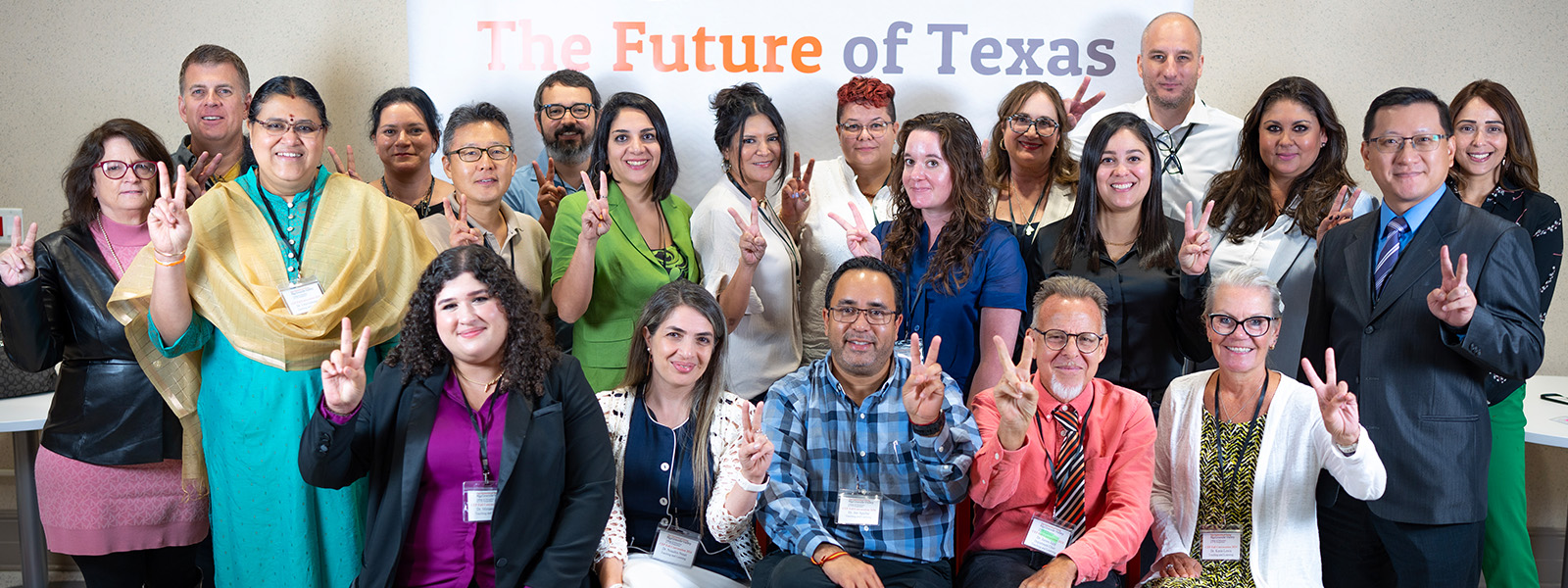
Teaching and Learning Faculty Publications
Document Type
Article
Publication Date
3-18-2024
Abstract
Increased globalization of the world economy, growth in human migration, and rapid devel-opments in science and technology have required people to develop intercultural commu-nication skills. Teachers play a crucial role in developing intercultural competence among students in our globalized, multilingual classrooms. The need for fostering collaborative discourse among students with diverse cultural and linguistic repertoires and building in-tercultural competence among students is a common blind spot in Science, Technology, Engineering, and Mathematics teacher praxis. This can inhibit efforts to cultivate safe and supportive learning environments for all students and can ultimately threaten multilingual student success. As part of a larger study, this narrative inquiry explores the phenomenon of intercultural competence development through the lived experiences of a Midwestern secondary science teacher. Time series data were collected from the participant (11 semi-structured, in-depth, online interviews over 8 months). Field notes and artifacts served as secondary data. Informed by Michael Byram’s Multidimensional Model of Intercultural Competence, interviews were designed, conducted, transcribed, and member checked. Then, transcripts, field notes, and artifacts were coded and analyzed using Jean Clandinin and Michael Connelly’s three-dimensional narrative inquiry framework to arrive at synthe-sized stories of experience around coalescing themes. The findings revealed the participant utilized several strategies aimed at developing intercultural communicative competence, particularly in support of multilingual students. This paper focuses on the four themes that relate most directly to intercultural communicative competence development. The findings and implications are discussed within the context of Byram’s model and conclusions are drawn to inform current and future work in this area.
Recommended Citation
Ganesan, U., Morales, A.R. A science teacher’s experiences when fostering intercultural competence among students in multilingual classrooms: a narrative study. Cultural Studies of Science Education 19, 189–208 (2024). https://doi.org/10.1007/s11422-023-10206-y
Publication Title
Cultural Studies of Science Education
DOI
10.1007/s11422-023-10206-y


Comments
Copyright 2024, Springer.